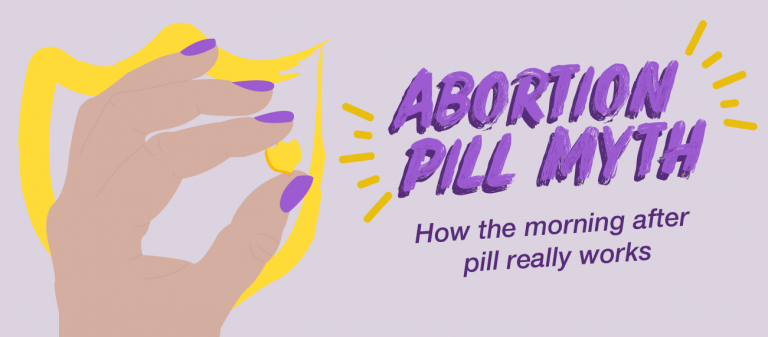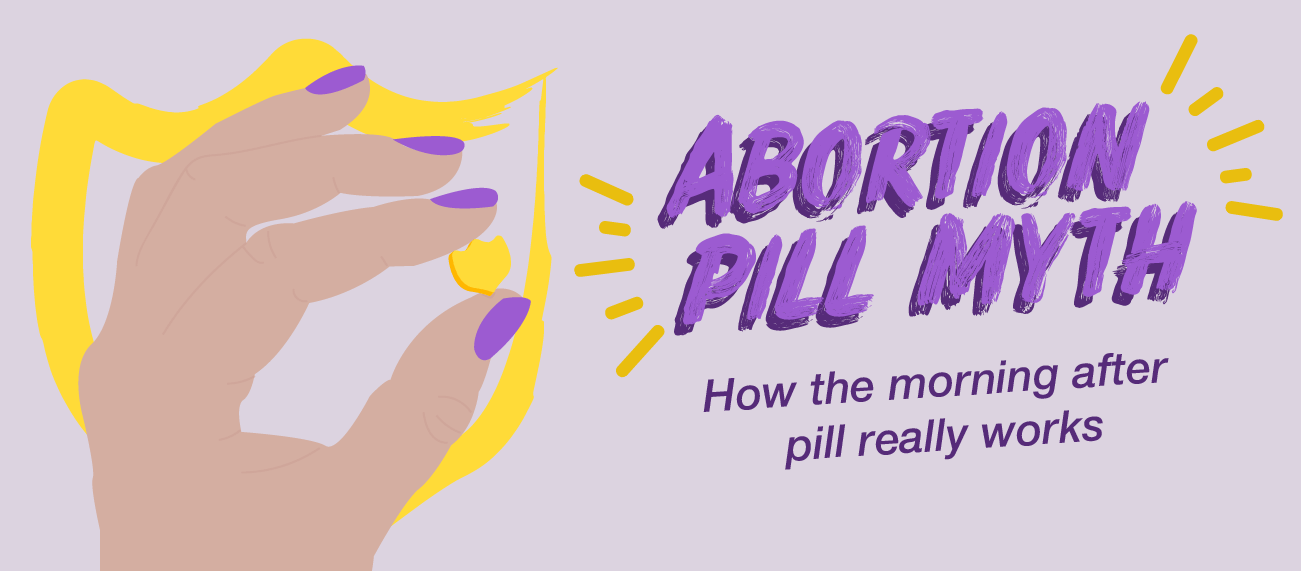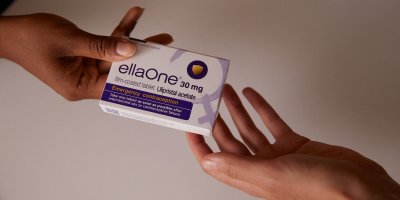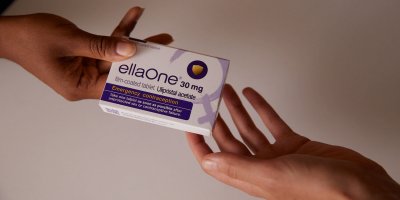What was your sex education like?
Was it at school, with teenagers flicking condoms across the room and rolling around with laughter at the school nurse’s mention of the word ‘vagina’?
Did mum sit you down to have a chat about ‘the birds and the bees’ while you avoided eye contact at all costs?
Do you even remember receiving any form of sex education at all?
You’re not alone: Sex and Relationships Education is still not compulsory in UK schools, though the government aim to make it part of the curriculum by 2020. The current guidelines for Sex Education hasn’t been updated since 2000 (that is 7 years before the invention of the iPhone, by the way: times have changed).
Sex Ed in schools also tends to only cover a few bases. The line is always the same: if you don’t want to get pregnant: use a condom, go on the pill or, best of all, don’t have sex before marriage.
It’s not bad advice, but it is slightly unrealistic. We all know that condoms can split, or be forgotten altogether, it’s all too easy to miss a pill or two – and don’t even get us started on the joys of abstinence. So if you ‘screw up’ and have unprotected sex, what should you do?
Well, they don’t teach that bit at school. In a Family Planning Association (FPA) survey of over 2,000 women, only 17% of women had learned about emergency contraception as part of their sex education (Emergency Contraception Survey, FPA, 2014). That means 4 out of 5 women have never been taught how emergency contraception works.
We need to revisit some of these lessons learned at school. Emergency contraception is an important part of being a confident and responsible sexually active person, as well as understanding how your body works.
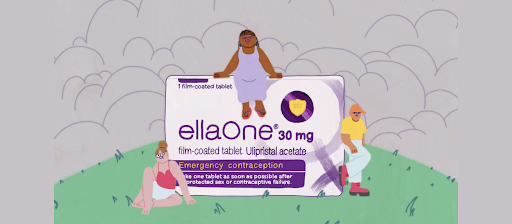
Sex Re-Education
One of the most common misconceptions about the morning after pill is that it causes a ‘mini abortion’. In fact, in the same survey by the FPA, 50% of respondents either agreed with this statement, or weren’t sure (Emergency Contraception Survey, FPA, 2014). Let us clear up the confusion: this is completely false, and here’s why:
The morning after pill prevents pregnancy by delaying ovulation (the monthly-ish release of an egg from your ovaries).
When you ovulate, an egg leaves your ovary and travels down the fallopian tube towards your womb. While the egg is on her way out from the ovary, she may bump into a sperm in the fallopian tube who has swam to meet and fuse with her (this is called fertilisation). The fertilised egg then travels to the uterus, where it will implant itself in the uterine wall: this is the beginning of a pregnancy.
The morning after pill stops ovulation, so no egg is released, meaning all those sperm have nowhere to go and no pregnancy can occur.
This is similar to regular contraceptive pills, which also prevent ovulation. The morning after pill cannot remove a fertilised egg from the uterine wall, therefore no ‘mini abortion’ takes place.
No emergency contraceptive pill is 100% effective. Sperm can survive in the female body for up to five days, and if you ovulate before you take the morning after pill then fertilisation might take place. This is why it is advised that you take the morning after pill as soon as possible after sex, to minimise the chance of ovulating and giving the emergency contraception the best chance at success.
One last thing to remember about the morning after pill: if you have taken the MAP: this dose won’t protect you if you have unprotected sex again in the same cycle. You should therefore use a barrier method of contraception (like a condom) until your next period comes, even if you’re taking the regular contraceptive pill.
Follow @ellaOneUK on Instagram, Twitter and Facebook for your daily dose of taboo-smashing, tea-spilling and women empowering other women. If you’ve got any questions or there’s a topic you think we need to cover, slide into our DMs.
ellaOne® 30mg film-coated tablet contains ulipristal acetate and is indicated for emergency contraception within 120 hours (5 days) of unprotected sex or contraceptive failure. Always read the label.
